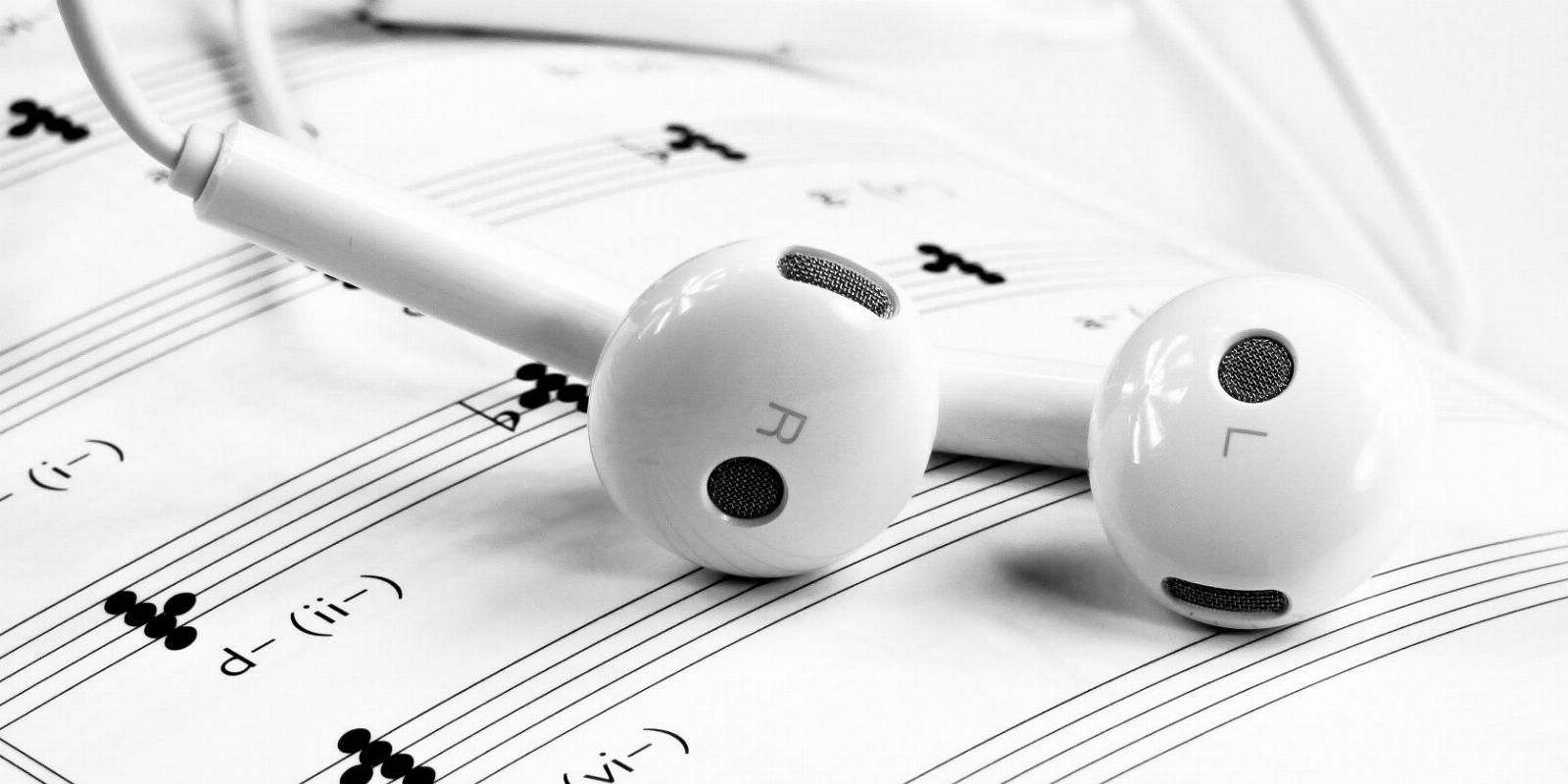
How Future Pop Songs Could Be Written by AI
Reading Time: 4 minutesAI-generated music could turn the music industry on its head.
Artificial intelligence is making an aggressive push into almost every area of our digital life. You can now find AI solutions for generating text, creating stunning art, and solving a wide range of problems using tools like ChatGPT.
Until now, music was an exception for what AI could create. However, with Google’s recent unveiling of MusicLM, an AI tool for generating music, a future where hit pop songs are created entirely by artificial intelligence is a serious possibility. Here’s what we think.
What Is Google’s MusicLM?
MusicLM is a large language model specifically trained on music data to generate music from a text prompt. You can think of it as ChatGPT, but for generating music.
However, unlike tools such as ChatGPT, Google’s MusicLM doesn’t rely solely on text inputs. According to a Google research document, the model can also turn whistling and humming into music—a truly phenomenal capability.
While MusicLM isn’t the first text-to-music AI product, Google claims its model can produce ‘high-fidelity’ music, much better than similar tools that are currently available.
Unfortunately, Google will not be releasing MusicLM any time soon. In internal experiments, researchers noticed that around 1% of the output of MusicLM—which was trained on a large dataset of copyrighted music content—was quite similar to the copyrighted music it was trained on.
As a result, Google shelved plans to open the model to the public to avoid legal and ethical problems arising from the use of copyrighted music materials.
However, the tool isn’t going to stay in the lab forever. Google has gone back to the drawing board to improve it. Our guess? Sooner rather than later, we could be dealing with a powerful AI music generator with the potential of disrupting the music industry.
But how will tools like MusicLM potentially change the music industry?
How Artificial Intelligence Could Impact the Music Industry
You can’t predict the future of technology with certainty. However, we can try. Here’s how tools like MusicLM could likely impact the music industry.
Disruption of Traditional Music Streaming Models
Intuitively, AI tools like MusicLM which can reduce the barrier to creating music should mean a bigger payday for music platforms. The ease of creating music would mean more music creators. Surely, more music bringing in more listeners should then translate to more revenues. This is valid logic. However, it could also turn out to be flawed thinking.
The growth of text-to-music AI tools could birth ‘generative recommender algorithms’. Think of it as music streaming services powered by algorithms that generate music on the go and recommend them to you based on your interests, like TikTok automatically generating and recommending new videos to you based on your interests.
This could create one direct problem—less reliance on the traditional music streaming model. Music streaming services would then have to adapt or become less relevant. Akin to what stock image sites are currently doing in response to the rise of AI art, music streaming platforms would be better protected if they take the initiative to host these generative recommender algorithms on their platforms.
Revenue for Musicians Might Take a Hit
Just as writers currently worry about the prospect of losing jobs to AI text generators, musicians and songwriters might eventually face a similar fear.
Companies who pay for music rights in order to use them on game soundtracks, movies, and adverts could instead opt for AI-generated alternatives.
Perhaps more concerning is the fact that the AI-generated alternatives would be more purpose-built. Imagine you need a soundtrack for a werewolf attack scene in your TV show. All you’d need to do is prompt an AI music tool like MusicLM to create eerie slow-tempo music with hunting lyrics to match. This would be significantly more cost-effective than buying rights to a song.
And then there’s the issue of music royalties. Who is entitled to the royalties of music made by AI? The 10-year-old that fed the AI with the prompt to make the song? The owners of the AI tools used to make the song? Or an equal split?
A Challenge to the Authenticity of a Song
These days, you can’t be sure whether the content you read online was created by an AI or a human. A similar problem could arise in the music industry.
Questions regarding the authenticity of a song are almost inevitable. You’re streaming a song and the next moment you’re having doubts about who made it. Is this truly one of Justin Bieber’s songs? Or is this an AI attempt of replicating his style?
Making Music Could Be Much Faster
Of course, the outlook is not all gloomy. One way text-to-music tools could change the music industry is the speed of making music. Feed an AI music generator with a prompt, and it begins pumping melodies in minutes. Musicians can then fine-tune the results and add human elements to them. After a few weeks of tweaking, and a masterpiece is ready for music fans.
Can AI Music Change the Music Industry?
Of course, these are only educated guesses. There’s no way to say with certainty that text-to-music tools will ever become good enough to radically disrupt the music industry.
Yes, you could finally be able to make your music without all the foul language and curse words. But tools like MusicLM might end up coexisting with human creatives. Nonetheless, whichever way the pendulum swings, AI-generated music has the potential to make an impact on the music industry.
Reference: https://www.makeuseof.com/google-musiclm-ai-future-of-music-industry/
Ref: makeuseof
MediaDownloader.net -> Free Online Video Downloader, Download Any Video From YouTube, VK, Vimeo, Twitter, Twitch, Tumblr, Tiktok, Telegram, TED, Streamable, Soundcloud, Snapchat, Share, Rumble, Reddit, PuhuTV, Pinterest, Periscope, Ok.ru, MxTakatak, Mixcloud, Mashable, LinkedIn, Likee, Kwai, Izlesene, Instagram, Imgur, IMDB, Ifunny, Gaana, Flickr, Febspot, Facebook, ESPN, Douyin, Dailymotion, Buzzfeed, BluTV, Blogger, Bitchute, Bilibili, Bandcamp, Akıllı, 9GAG